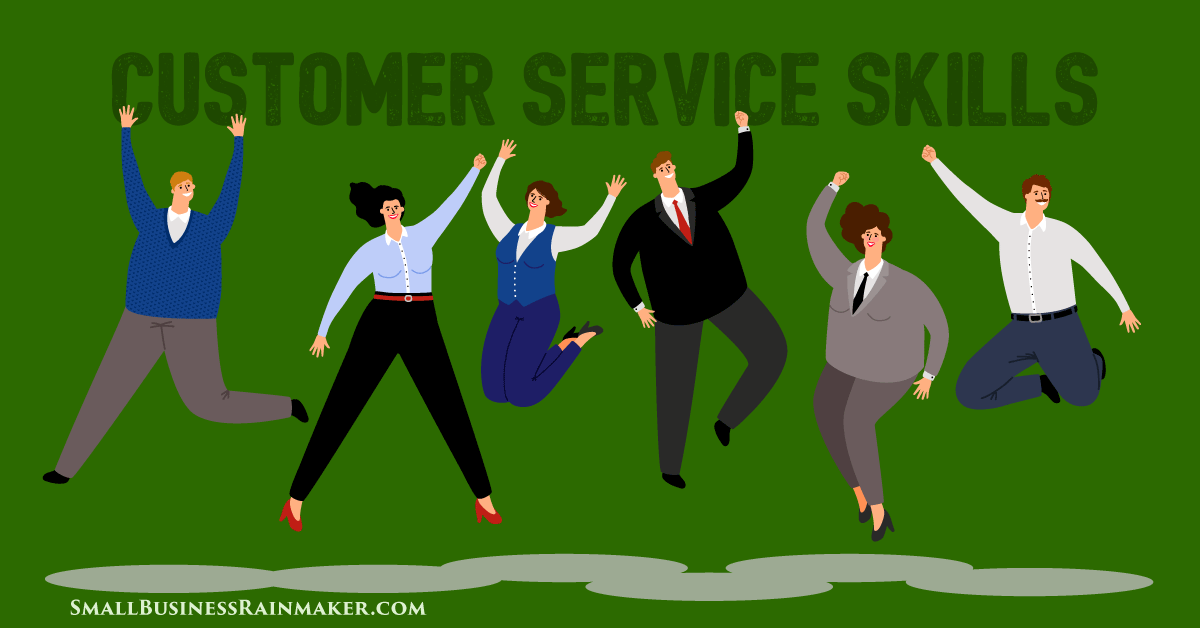
Customer experience is usually the responsibility of employees who deal directly with the customer (such as a salesperson). It is rare that managers deal personally with customer concerns, but on certain occasions, their role is huge in this front.
When people have unpleasant experiences regarding your company, brand, or product, they expect you to take responsibility for it. When you don’t, you risk losing them as customers. The price you pay for bad customer service is decreased profit. The relationships you form with your customers influence people’s impression of your brand. This is why it is crucial to dedicate a decent amount of time as a manager to improving customer experience.
2 Ways Managers Influence Your Guest Experience
As a manager, you can create a better end-to-end customer experience in two ways:
- by training your employees and
- by direct contact with the customer.

Influencing customer experience by direct contact with the customer
Even though you’re a manager, that doesn’t necessarily mean that you shouldn’t have contact with the customers. If anything, it should be the opposite.
Customers are the reason the business is alive, after all, so you as a manager need to put yourself in their position and see things through their eyes. This is how you find out if things are running smoothly or if there’s a need for changes. This way you generate ideas on improving things to make sure customer experience is top-notch.
Getting their feedback whenever possible is also a great help in building a business with high-quality customer experience. Direct contact with them helps create a feeling of a personal connection between the brand and the customer. These people will feel that you care about them and see them as people, not just as dollar bills.
Influencing customer experience by employee training
By training your employees on how to behave with your customers, you invest in your business and directly influence your employees’ perception of your brand. When your employees feel engaged by the management, they will have more respect for the place they work in and, as a result, be more careful in giving customers a good experience.
High level of employee engagement leads to increased customer retention, profitability, and employee efficiency. All these lead to higher levels of customer satisfaction.
You know the saying, ‘The customer always comes first’? Well, maybe it’s time to put employees first and customers second. When they are satisfied, they will satisfy clients. There are various employee training methods for managers that want to invest in having motivated employees that actually care about giving customers a good experience.
So, how can managers train employees towards higher quality customer experience?
Listen to your employees
Employees need to feel they can share their opinions and suggest improvements. They also want their suggestions to be taken seriously and that their concerns addressed correctly. Every worker wants (and deserves) to feel valued and feel like they are an important asset to the organization.
Be transparent
Open communication is beneficial for all work relationships. Employees like to think that the organization sees them as someone they can trust. Involve them in decision making and let them know about new projects of the company before they hear about it from outsiders. Creating for them a sense of belonging makes a big difference.
Clarify their responsibilities and help them realize the work they do means something
Employees need to understand their role clearly and know in detail what is expected of them. Moreover, it is crucial for their motivation to know that their job will contribute value to someone.
Soft skills training
Good managers make sure that employees have the skills needed to be at their best. This is done by providing them different kinds of training. A good customer service tool is soft skills training. Customers appreciate being served by someone who is a good communicator, has business etiquette, and can solve their problems creatively.
Incentives
The hard work your employees put into improving needs to be recognized. A bonus, a day off, honest appreciation, or even just a genuine handwritten thank you card is appreciated.
Conclusion
You can see how managers do indeed play a key role in customer experience. They can do it either by direct contact with customers or by training employees in customer service. The latter is highly important because employees are greatly influenced and motivated by managers. And, since higher level of employee engagement results in a strong customer experience, these two will result in increased revenue. Satisfied employees make satisfied customers!
Dafina Zymeri is passionate about ongoing, self-motivated, and self-paced learning. She writes for Kiwi, which is a restaurant LMS that aims to help restaurant owners train their staff in an easier and more effective way. Moreover, they offer online training courses for different restaurant services.
















Leave a comment